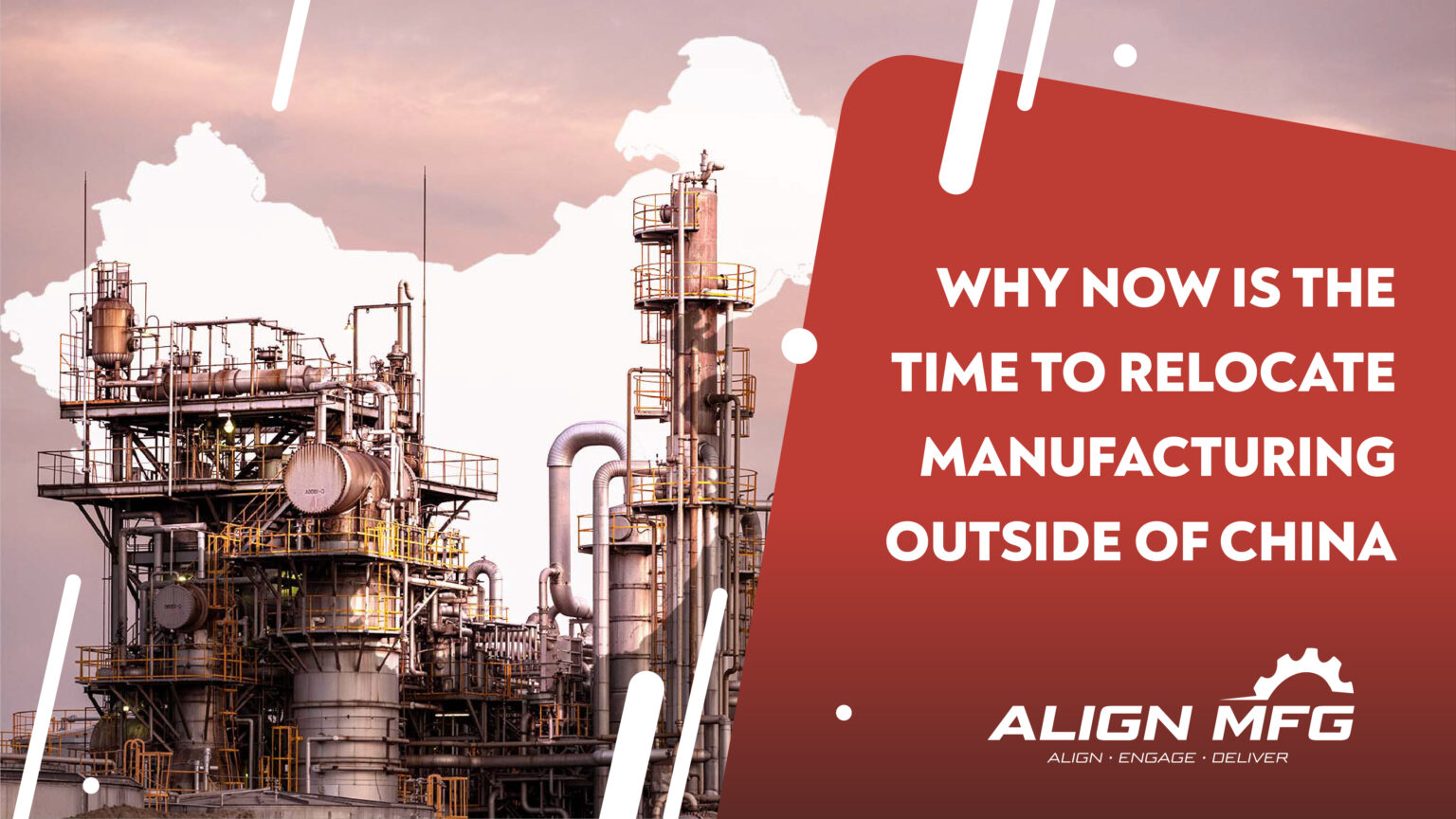
Why Now is the Time to Relocate Manufacturing Outside of China
Southeast Asia and South Asia have become increasingly attractive options for OEMs seeking stability and resiliency. This trend, which began in earnest during the pandemic, continues to accelerate as OEMs from a variety of sectors have come to appreciate the simple value proposition that other Asian countries can offer.
Yet, there is more than just value in leaving China for more suitable destinations. There is also a great deal of urgency, even for companies that don’t yet realize time is running out.
Consider, first of all, factory capacity. As more businesses relocate to Southeast Asia and South Asia, capacity at the best factories will fill up. Each passing month yields fewer and fewer vacancies at the most desirable factory locations — with less and less desirable manufacturing partners, as the best ones will already have found their clients.
Just as alarmingly, prices will rise as available factory capacity shrinks. Factory prices follow market rules on scarcity, so the best time to enter into agreements is when there are many open facilities to choose from. Predatory pricing takes over when industrial estates and manufacturing partners know that their customers are getting desperate.
Although many companies might prefer to wait until November 2024 or later, so as to make their strategy decisions with a better view of future business conditions, such a delay will actually cause the quality of their options to deteriorate. Without a head start on contract manufacturing relocation, OEMs are likely to be stuck with pricing that doesn’t benchmark against China. It will instead benchmark against China + any prevailing tariffs, likely up to 60%.
Another consideration is the long onboarding process for many kinds of production. Projects that require tooling will need six months before they start shipping production.
As more businesses act on 'China +1' orders, once new tariffs are implemented, these orders will consume a significant portion of available factory capacity.
Companies will face not only the financial burden of thousands or millions of dollars in tariffs but also the challenge of finding suitable production space as capacity tightens. This places even greater importance on moving quickly to secure space at desirable factories, as delaying could leave less favorable options available for latecomers, impacting their capabilities in areas like parts manufacturing and component manufacturing.
The logic behind these tariffs represents another reason to begin the relocation process as early as possible. The tariffs were enacted to enable the US to pursue its foreign policy interests with minimal impact on American importers. For American businesses, this strategy is primarily about avoiding the financial burden of tariffs. For the US government, it's about decoupling from a foreign adversary with as little disruption as possible to domestic business operations, ensuring that national security interests are maintained without compromising economic stability.
OEMs should therefore understand that it makes not only economic sense, but also reputational sense, to move their investments and production partnerships away from China. For all the reasons stated above, that move will become increasingly challenging the longer those OEMs wait to get started.
About Align Manufacturing:
Align Manufacturing, headquartered in Singapore and with offices in Bangkok, specializes in delivering high-quality industrial production solutions. Our expertise ranges from intricate sand casting and robust forging to efficacious stamping and state-of-the-art precision machining. This diverse capability ensures that we meet the complex needs of our clients with meticulous attention to detail and seamless communication. Partner with Align Manufacturing for efficient and precise manufacturing outcomes tailored to your project's success.
Note:
This article is part of an ongoing series exploring why US-based companies need to move their manufacturing operations outside of China.
To read the next article, click HERE.
To read the previous article, click HERE.
To download the entire series as a report, click the button below.

